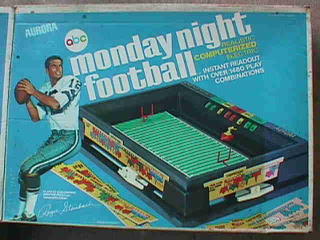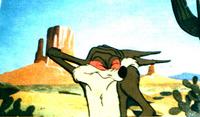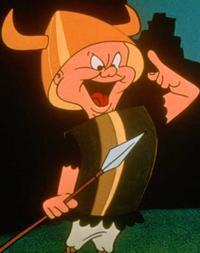
Ah, political thrillers. Such a fine line they usually have to walk -- twixt preaching and politically-correct nonchalence -- daunting enough in and of itself. Set the movie in Africa, stir the pot with corporate greed and the never-ending tension of race relations, and good luck, Mr. Director.
"The Constant Gardener" intrigues and infuriates, tempts you and teases you and forces you to re-examine and re-think as the plot unwinds. Ralph Fiennes and Rachel Weisz give empassioned (and in the case of Fiennes, understated and intense) performances, and the plot thickets through which the film navigates keep you guessing. Ultimately, however, "The Constant Gardener" becomes a polemic on the world's indifference to Africa and the free world's obsessive love affair with corporate profit; and ultimately, the film makes its points at the expense of a satisfying film experience.
It begins with the mysterious death of a British diplomat's wife, and then spins immediately back in time to their humble beginnings (a scene which begins with her standing on an unrequested (and largely unwarrented) soapbox and interrupting his tidy little speech; and which ends with the two of them (absurdly) in bed). Now, this film is most definitely not a romantic comedy, and the point of the film is most definitely
not how this seemingly mis-matched couple (Hanks and Ryan, anyone?) get together -- but if you're going to include a scene in which they meet and fall in love, at least give it enough flesh so as not to cause the viewer to simply roll his eyes.
Still, together they end up....and once together, her unrelenting activism juxtaposed against his mealy diplomacy generate great tensions. How far
will she go to achieve her altruistic aims? Is she, in fact, cheating on him? With multiple lovers? As he realizes that there is more to her undercurrent than to her waves, he tends to keep his knowledge to himself...and as
we know only what he knows, we too are awash in mystery. Ralph Fiennes shines here, as a man whose "need to know" wrestles with his "need to pacify". After her death, as he slowly uncovers the mysteries she has kept, he finds himself embroiled in her cause, discarding his mollifying personality and taking up her memory as a knight errant.
Director Fernando Meirelles has chosen to enliven (one imagines) the mystery and surreality of the whole exercise with camera work that is as annoying as hell. He is in love with twitchy, handheld camera shots that are virtually unwatchable (and which, no doubt, would send the average epileptic into seizure) -- and those shots that don't quiver like Jello over the San Andreas tend to focus on Fienne's nostrils, or the back of Rachel Weisz's neck, or some other equally off-putting shot. Two actors of this intensity ought to be seen within the character they portray, and not as the oddly disjointed appendage. They teach in Film 101 (or if they don't, they should) that style is terrific, but style that exists only for its own sake is pointless. "Film Style" is cake icing -- even when tasty, too much of it simply makes for an inedible cake.
Oh, and New Rule: anyone who writes a scene in which the bad guy (for reasons imagined only by the writer) explains (in hoary detail) all the events and motivations that the protagonist would
never have ferreted out on his own will be forced, as punishment, to watch all the Gilligan's Island movies over and over and over (and to write an essay explaining how the professor could make a radio out of coconuts
but can't patch the damn boat).So. Should you see it? Probably. The lessons learned here are real, and the scenes shot within real African slums are both disturbing and, in their own way, elegant. The people in such inimaginable poverty still have lives full of music and color, rich and full (and sans television, if you can imagine)...but after you see it, you'll feel more like you attended a strident lecture than a thoughtful film.
 It's the writing, it's the writing, it's the writing.
It's the writing, it's the writing, it's the writing.












